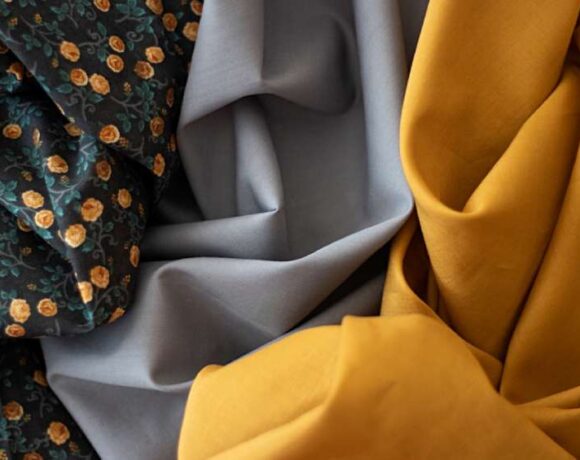Global Textile Sector In Need Of Demand Revival

As the economy is expected to rebound in the United States followed by Europe, global textiles industry is in the need of demand revival.
The past eighteen months has witnessed rocky economic climate showing anomalies such as high inflation, strong labour market and weak consumer demand.
The textiles sector in India has been hit hard by weak export demand, which in turn impacted the domestic market as export-oriented companies have been forced to dump their products in domestic market.
“In India normally, spinning mills maintain stock of 1-2 weeks of production, but due to low demand, stocks worth one month or more of production is held by many companies leading to crisis,” Seshadri Ramkumar, Professor at Texas Tech University, USA said.
“Indian textile industry has been demanding the waiver of 11 percent custom duty on cotton imports to reduce the cost of raw material,” Velmurugan Shanmugam, GM of Jayalakshmi Textiles said.
“Given the sensitivity with regard to farmer’s livelihood in India and the ensuing parliamentary elections next year, in my opinion, it is highly unlikely that the Government would do anything with waiving tariffs on cotton imports,” Ramkumar added.
Gnanasekar Thiagarajan, Mumbai-based Cotton Analyst agrees with Ramkumar’s view and opines that with inflation expected to have a soft landing in the US, demand may pick up in the next quarter.
“Overcapacity in certain segments of the textile sector, excessive stocks of yarns and weak global demand are all contributing to the current crisis in the textile sector in India,” Ramkumar stated.
“It is important to modernise and not go on expansion in the current times,” Velmurugan Shanmugam too added.
“With economic revival expected and no recession on the horizon, demand may pick up. Downside will be limited from now,” Thiagarajan opined.
“Textile industry has to revitalise depending upon regional needs and strategic strengths such as enhancement of crop yields in India, manufacture of sustainable textiles at affordable prices in developed economies, etc,” Ramkumar informed.
“Importantly, there needs to be better communication across the supply chain, and better engagement with policy makers and consumers,” he concluded by saying.














